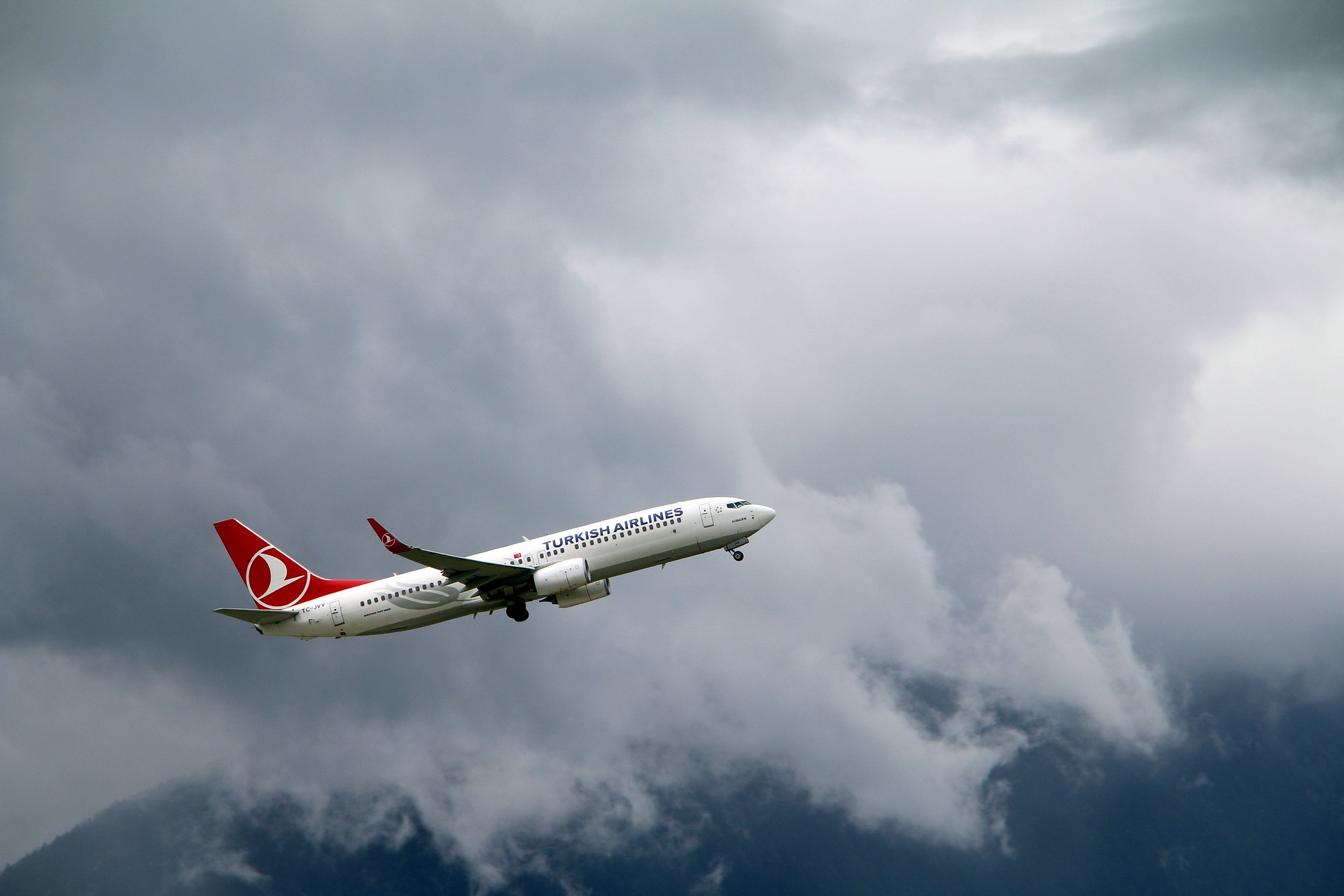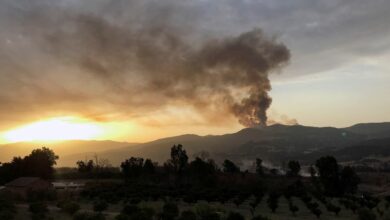While little is known about the curatorial direction behind the selection of films, a window on Algerian cinema was opened during this year’s Cairo International Film Festival. For the most part transcending mere face-of-the-country geographical representations, the Algerian films screened during the festival revealed common concerns among their respective filmmakers. Driven mainly by the country’s afflicted colonial and post-colonial experience and the more recent civil strife, they explore the themes of extremism, (post)colonialism, migration and identity. While they are all post-2002 productions, the country’s century-old colonialism and decade-old civil strife, glaring imprinted on the national memory, are their source of artistic inquisition.
Rachid Bouchareb’s Indigènes (Days of Glory, 2006), one of many Algerian pictures about the French colonial era, recounts the story of Algerian and other African French colonies’ recruits into the French army during World War II. Through a close-up view into the lives of a group of Algerian soldiers, Indigènes depicts the breadth of colonization by exploring two wars simultaneously. On the one hand, through relatively well-choreographed battle sequences, we see the war fought by the French and their corollary colonized soldiers against Nazi Germans. On the other hand, we also see the unspoken war that takes place inside the army, where African soldiers are discriminated against by getting less food, having their mail stalled and receiving little recognition for their efforts. In this portrayal of the unspoken war, Bouchareb excels at unraveling the colonial experience through a character who fights sincerely for the mère-patrie, full of aspiration for social mobility in the ranks of the French military. Bouchareb examines the farcical extremes of the experience in the last battle fought in Alsace, where this ambitious character loses all his Algerian co-fighters to the Germans, and is seen walking out of the bloodied village as Frenchmen take pictures with their compatriot soldiers. Some six decades later, he does not even get a war pension.
In El Manara (2004), Belkacem Hadjadj chronicles the political division that marred the life of young Algerians trying to move past the predominant narrative of the French political and cultural colonization. Mainly a struggle between communists and radical Islamists, the faces of the conflict are witnessed in the everyday life of Algeria. Hadjajd represents this struggle through the lens of a group of three friends attempting to find an alternative national identity for a post-war Algeria. While their friendship brings on the quest to re-imagine their homeland together, the desperation of their enterprise and rampant political frustrations tear them apart. The interesting landscape of youth, politics and identity construction in Algeria is presented using a rather plain documentary style.
In Nasser Bakhti’s Aux Frontières de la Nuit (Night Shadows, 2006), we’re exposed to a rather un-twisted examination of the themes of migration and estrangement, away from direct references to the turmoil resultant from the French colonizer and civil strife. Set in the Swiss city of Geneva over the course of 24 hours, we watch the parallel lives of four characters who are at different levels of unrest within their host cities. A young man from Mali works illegally while dreaming of being a football star, an Algerian man collects garbage to send remittances back home where he has abandoned his studies, a Swiss woman errs aimlessly as she suffers from heroin withdrawal, and a cop travels around the city to capture outlaws. The latter, exhibiting dissatisfaction with the life of a law enforcer, eventually connects the parallel narratives in a city where the law is supposedly in control. In several interviews Bakhti refused to describe his picture as an utterly gloomy one. He refered to a “reigning solidarity” that infuses the film through brief human encounters between his distressed characters, one that can instill hope. But the picture neither follows a traditional plot structure nor properly develops individual characters. It relies instead on a somewhat exhausted visual of a cold Western city by night where the dweller is constantly estranged.
London River (2009), Bouchareb’s latest release, offers a more nuanced account of migrant identities and conflicted dynamics within host cities. A British mother and an African father meet randomly in London as they look for their children after the 2005 terrorist attacks. In the course of their search, they realize that their children lived together. In the beginning, the mother finds it difficult to believe her daughter befriended a man of color and resists pursuing her search with his father, despite the unity of their cause. But this reluctance wanes as they get closer in their desperate need to find their children; the peak of their rapprochement comes as they realize both children were lost during the attacks. In his cinematic approach, Bouchareb does not rely on common triggers of emotions such as background music. His picture is rather minimalistic and derives its power from the intimate details of the parents’ compassionate search for their children in a city alien to them both.
Around some highly-connected thematic concerns, the filmmakers attempted interesting productions. While they do not offer an alternative narrative altogether, they represent the seeds of an artistic emancipation that has long been incarcerated during wartime.




